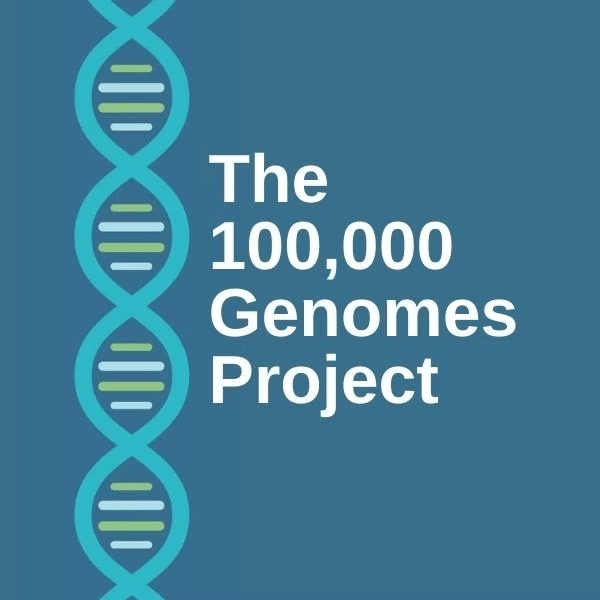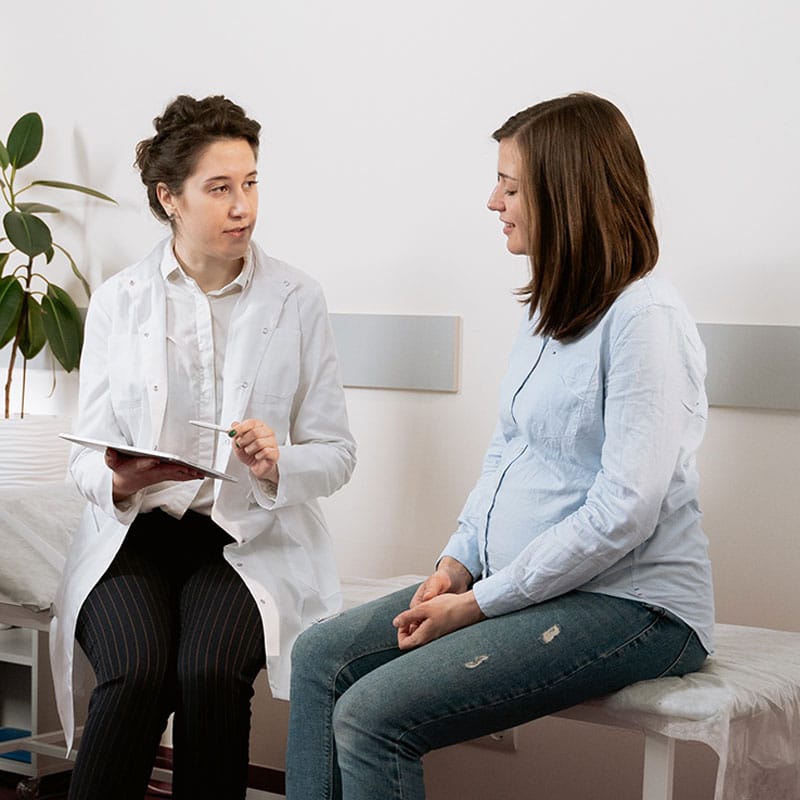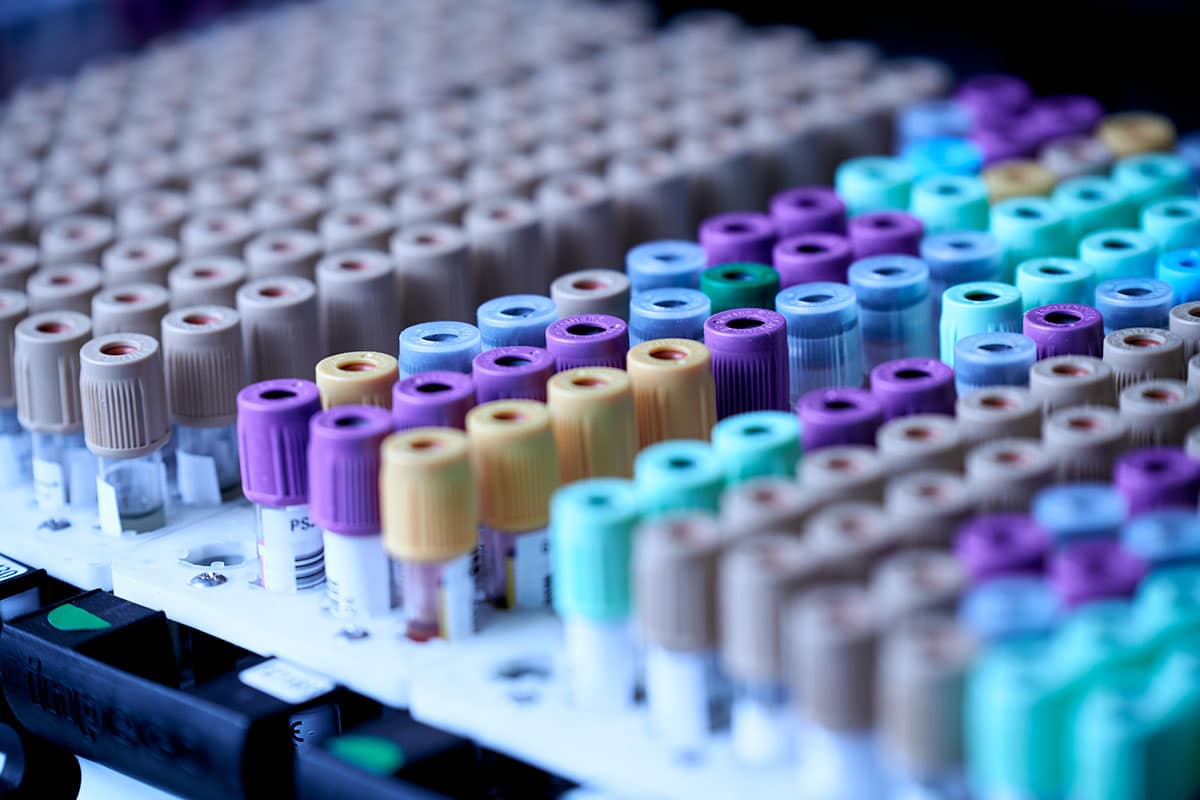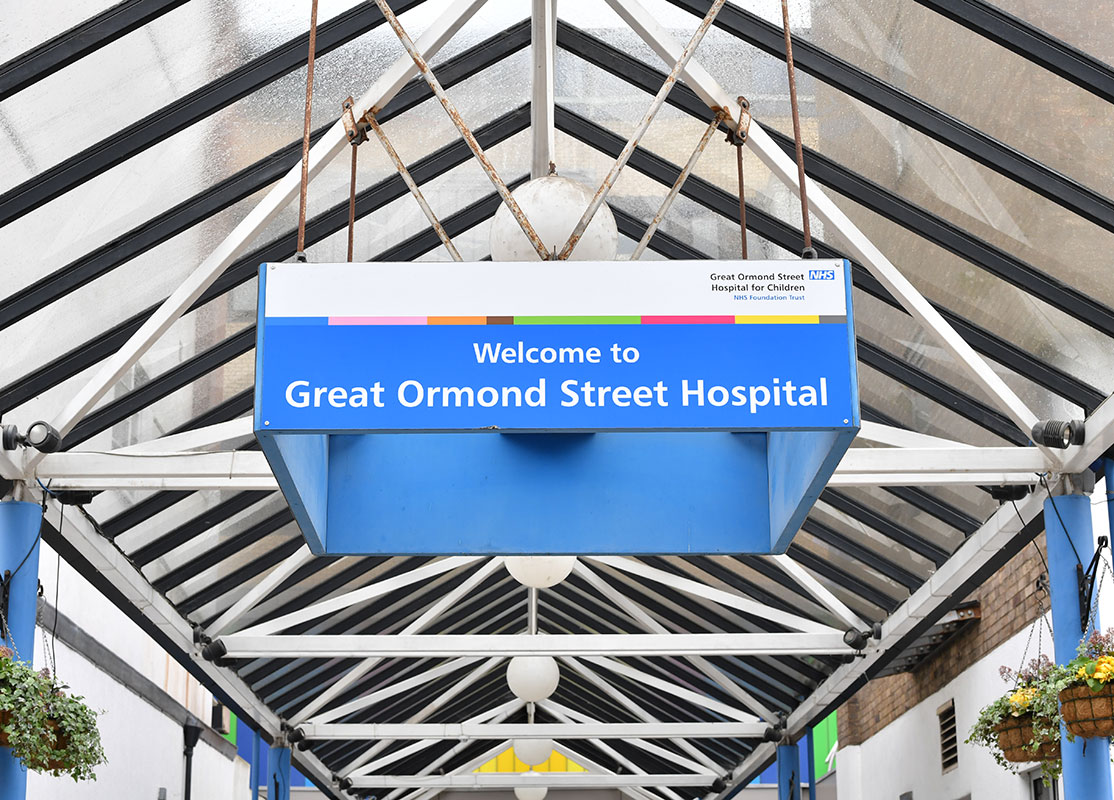The 100,000 Genomes Project
Led by Genomics England and NHS England, this project was established to sequence 100,000 genomes from around 85,000 NHS patients affected by a rare disease or cancer.

Led by Genomics England and NHS England, the 100,000 Genomes Project was a ground-breaking initiative established to sequence 100,000 genomes from more than 85,000 NHS patients affected by a rare disease or cancer.
The project ran from 2012-2018 and provided an in-depth look at participants’ genomes to help doctors better understand, and ultimately treat, rare and inherited diseases and various cancers.
The 100,000 Genomes Project paved the way for a new NHS Genomic Medicine Service (GMS). It generated new insights, a wealth of data for researchers and acted as a kick-starter for the UK genomics industry, as well as uncovering answers for many participants and their families.
We would like to thank all the participants and their families who participated in our region, as well as the healthcare professionals who helped recruit participants and deliver the project.
Visit Genomics England’s website for more information on the 100,000 Genomes Project and to hear from participants about their experiences. The website also contains detailed information for participants of the Project.

Returning results to participants
Recruitment of participants to the 100,000 Genomes Project was completed in 2018, with the 100,000th sequence achieved in December 2018.
Primary results have been analysed and all reports were issued to referring clinicians by summer 2020. If you are a participant in the project and have not received your primary results, please contact your clinical team.
As part of participants’ consent, they were asked if they wanted Genomics England to look for additional health information in their genome sequence, not related to the condition for which they were recruited. This ‘Additional Findings’ data is being analysed and outcomes are shared with participants via their clinicians when available.
Participants who wish to check whether they consented for additional findings or to change their choice can do this through the Check My Choice portal. Further information on additional findings, and links to the Check My Choice portal can be found on the Genomics England website.
Individuals who took part when they were 15 or under and are now over 16 will be contacted by a member of the team to ask if they would now like to be enrolled as an adult.
Please note, although the project has completed recruitment, genetic testing for rare disorders and cancers continues to be available through the NHS GLHs.


The role of North Thames
Participants for the 100,000 Genomes Project were recruited through 13 NHS Genomic Medicine Centres (GMCs) across England, which worked with the NHS genetic and other specialist services in their area to coordinate recruitment, testing, analysis and return of results (primary and additional findings) to participants and relevant family members.
In our region, two GMCs were established and were vital to the success of the project, recruiting more than a quarter of all cases recruited to the 100,000 Genomes project, including the most cases for ophthalmology, paediatric cancer, and neurology.


The North Thames NHS Genomic Medicine Centre
Led by Great Ormond Street Hospital NHS Foundation Trust, The NTGMC partnership submitted over 23,800 DNA samples (23%) into the national project; 17,770 samples from patients and their families effected by rare diseases (about 9,000 patients) and 6,030 from patients with cancer.

The West London Genomic Medicine Centre
Led by Imperial College Healthcare NHS Trust the WLGMC worked with their local delivery partners, Chelsea and Westminster NHS Foundation Trust, Royal Marsden Hospital NHS Foundation Trust and Royal Brompton and Harefield NHS Foundation Trust.
The WLGMC successfully recruited over 1,600 participants with a rare disease and over 800 participants with a cancer.
